
Every relationship has its natural ups and downs. Disagreements, frustrations, and even periods of distance are part of life together. But there’s a point where those challenges stop being normal bumps in the road and start becoming barriers that keep you from growing closer. Couples’ counseling isn’t just for people on the brink of divorce–it’s a tool for strengthening bonds, improving communication, and learning healthier ways to connect. Recognizing the signs early can help you prevent long-term damage and bring back a sense of partnership. If you notice several of these signs showing up in your relationship, it may be time to consider professional guidance.
1. Communication Feels More Like Battling Than Talking

If every conversation seems to spiral into a debate or a competition about who’s right, you’re stuck in a destructive pattern. Communication should bring understanding, not constant tension. A counselor can help you and your partner step back from the need to “win” and instead build skills for listening without defensiveness, asking questions instead of making assumptions, and finding common ground. When the tone shifts from combative to collaborative, both partners feel more heard and respected.
2. You’re Avoiding Difficult Topics Altogether

Sometimes silence is more damaging than shouting. If you’re tiptoeing around certain subjects–whether it’s money, intimacy, or family decisions–it’s a sign that trust and openness are eroding. Avoidance creates distance because problems don’t just disappear; they fester. Counseling provides a safe space to bring up those “off-limits” topics with structure and guidance, so you can break through the wall of avoidance without fear of blowing things up.
3. Small Conflicts Escalate Into Big Fights
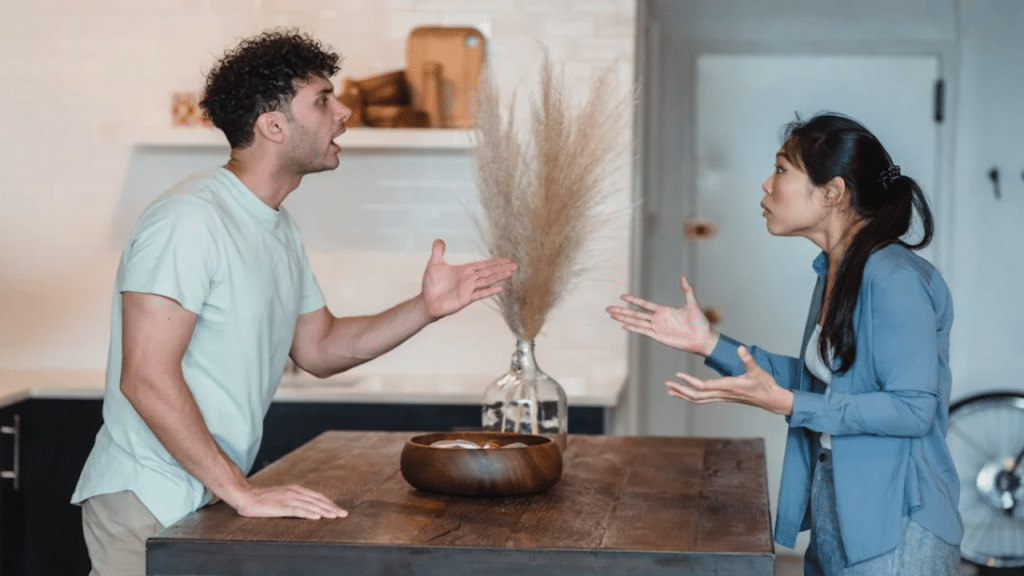
If minor disagreements about chores, schedules, or tone of voice consistently spiral into explosive arguments, that’s a red flag. This usually means underlying resentments are being triggered and never addressed directly. A therapist can help both partners identify those deeper issues–like feeling unappreciated or dismissed–and teach strategies to de-escalate before things become destructive. The goal is to recognize the pattern, not just the surface issue, and break the cycle.
4. You Feel More Like Roommates Than Partners
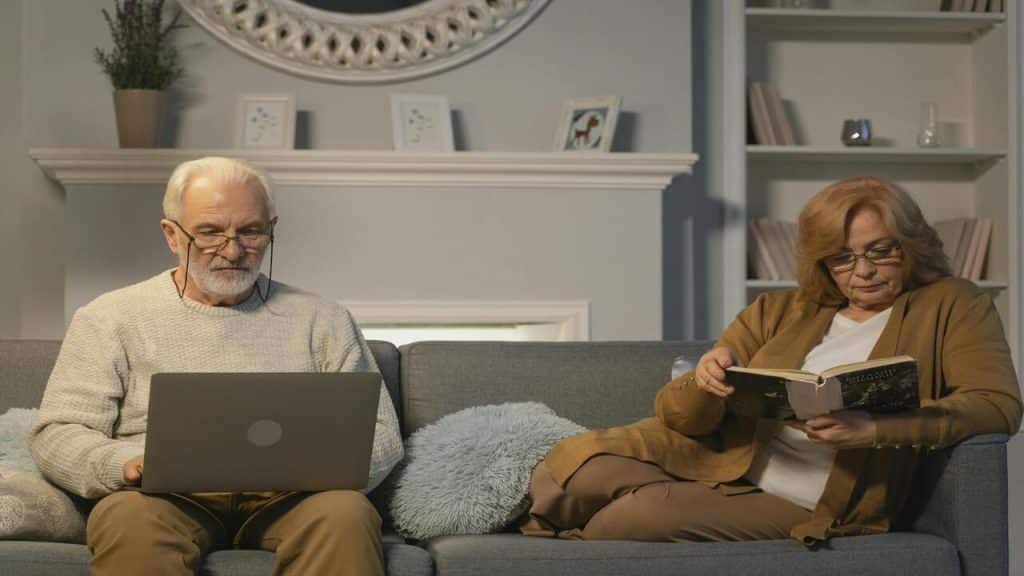
Sharing a home without sharing a bond can leave you feeling lonely in your own relationship. If your interactions have become mostly logistical–talking about bills, errands, and schedules–you may be missing the intimacy that keeps love alive. Counseling helps couples rediscover emotional closeness and carve out intentional time to nurture the relationship, so it doesn’t just run on autopilot.
5. Resentment Is Building and Doesn’t Go Away
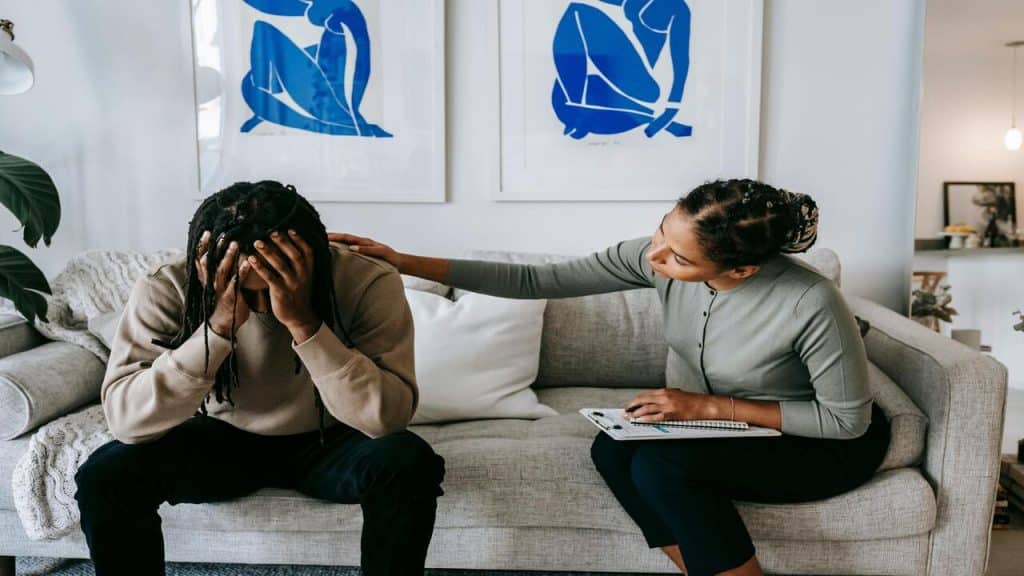
Every couple experiences frustrations, but if grudges keep piling up and never seem to resolve, the emotional weight can choke your connection. Resentment often comes from unmet needs, unresolved hurts, or feeling taken for granted. A counselor can help you both unpack those lingering issues and work on forgiveness–not as a quick fix, but as a long-term practice of acknowledging pain and moving forward in healthier ways.
6. Physical Intimacy Has Dramatically Changed

A sudden or ongoing shift in physical closeness, whether it’s a loss of affection, decreased sexual intimacy, or even unwanted pressure, can signal deeper disconnection. Avoiding the issue often makes it worse. Therapy offers a space to explore the emotional and practical reasons behind these changes without shame or blame, helping couples rebuild a physical connection that feels safe and satisfying for both partners.
7. You’re Keeping Secrets From Each Other

Privacy is healthy, but secrecy is not. If you’re hiding purchases, conversations, or feelings from your partner, it may be because you fear judgment, conflict, or lack of support. That’s a signal something in the relationship isn’t working. Couples’ counseling helps address the root cause of secrecy, rebuild transparency, and establish boundaries that honor both honesty and individuality.
8. You Don’t Feel Emotionally Supported Anymore
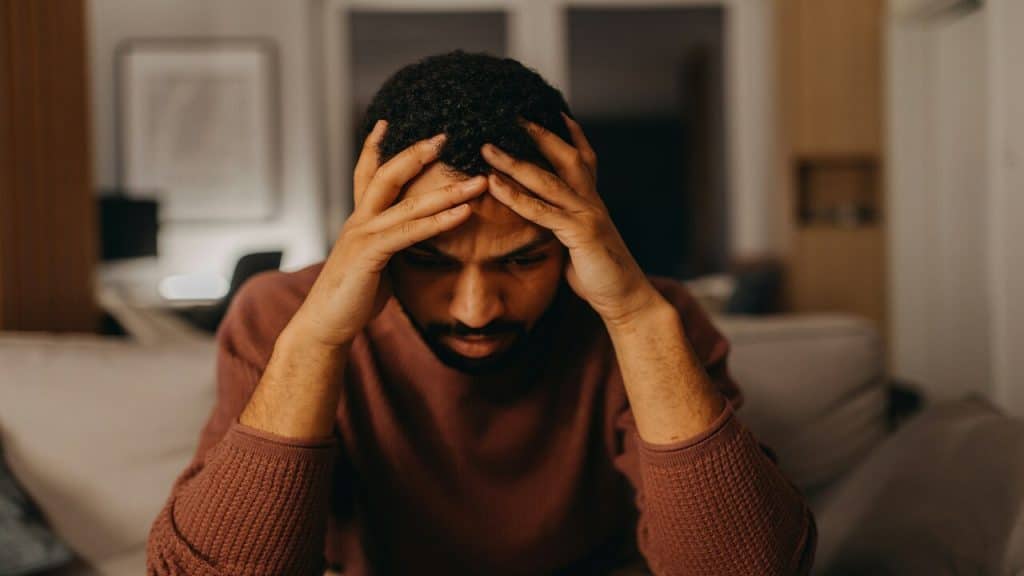
Partners are supposed to be each other’s allies, but if you feel like you can’t turn to your partner for comfort, encouragement, or understanding, the foundation of trust is weakening. A counselor can help both of you identify gaps in emotional support, learn how to validate each other’s experiences, and create a more secure sense of partnership where both people feel cared for.
9. Arguments Keep Circling Back to the Same Issues

When the same fights play on repeat with no resolution, it’s a sign that you’re not addressing the core of the problem. Whether it’s disagreements about parenting styles, household roles, or financial priorities, recycling the same arguments without progress erodes goodwill. Counseling provides tools for breaking repetitive cycles, reframing the issues, and reaching solutions that stick instead of temporary compromises.
10. One or Both of You Feels Unappreciated
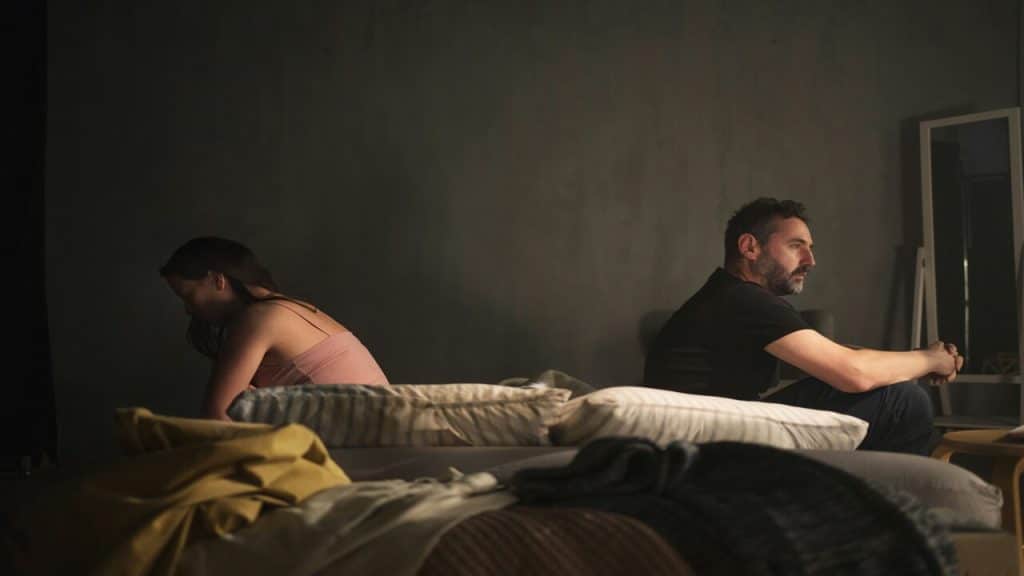
Feeling invisible or undervalued in a relationship can be devastating over time. If gratitude, affection, and acknowledgment are missing, resentment is likely to creep in. Therapy helps couples identify what appreciation looks like for each person and teaches practical ways to express it daily. Small but consistent acts of recognition can restore balance and help both partners feel valued again.
11. You’re Struggling With Trust Issues

Trust, once broken or doubted, rarely heals on its own. Whether it’s past infidelity, dishonesty, or broken promises, unresolved trust issues create suspicion and insecurity. Couples’ counseling offers structured steps for rebuilding trust–through accountability, transparency, and open dialogue–so the relationship can begin healing instead of staying stuck in cycles of doubt.
12. You’re Not on the Same Page About Major Life Goals

If you and your partner have opposing visions for the future–like where to live, whether to have children, or how to handle finances–it can create tension that no amount of compromise seems to fix. A therapist helps couples explore those differences deeply, uncover the values behind them, and find solutions that honor both partners instead of leaving one person feeling sidelined.
13. Outside Stress Is Pulling You Apart

Work stress, family drama, financial struggles–external pressures can put enormous strain on a couple. If stress keeps turning into conflict instead of teamwork, counseling can help you learn how to face challenges as a united front rather than turning on each other. With the right tools, stress can become a bonding experience instead of a wedge.
14. You’re Feeling More Criticism Than Compassion

If every interaction leaves you feeling judged or nitpicked, it’s hard to feel safe in the relationship. Constant criticism erodes self-esteem and breeds defensiveness. A counselor can help shift the dynamic from fault-finding to constructive feedback, teaching couples how to communicate needs without attacking and how to replace criticism with encouragement and empathy.
15. You’re Considering Separation or Divorce Without Trying Help First

Thinking about ending the relationship doesn’t always mean you’re done–it might mean you’re desperate for change. Before making permanent decisions, couples’ counseling gives you the opportunity to explore whether healing and growth are possible. Even if separation is the outcome, therapy can make the process less hostile and more constructive.
16. You’ve Stopped Having Fun Together
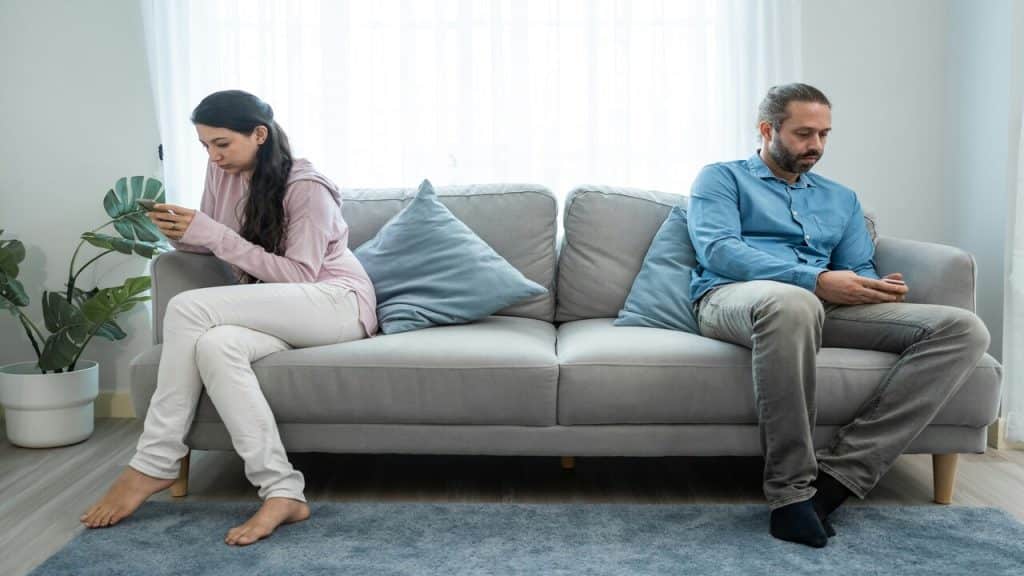
If joy, playfulness, and laughter are missing, the relationship can start to feel like a burden instead of a partnership. Fun isn’t just extra–it’s a critical ingredient for bonding and resilience. Counseling can help you reconnect to the activities, rituals, and shared interests that brought you together in the first place, and encourage you to build new ones that fit your life now.
17. You Want to Grow as a Couple, Not Just Survive

Couples’ counseling isn’t only for relationships in crisis–it’s also for partners who want to deepen their connection, improve communication, and set themselves up for long-term success. If you both sense that your relationship has more potential than what you’re experiencing, therapy can help you uncover it. Sometimes seeking counseling is less about “fixing” something broken and more about proactively creating a stronger, more fulfilling bond.






Ask Me Anything